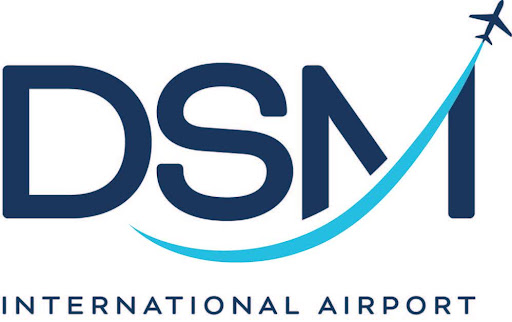Obama pushes high-speed rail expansion with $53 billion plan

Vice President Joe Biden announced Tuesday that the Obama administration plans to spend $53 billion over six years to continue construction of a national high-speed intercity passenger rail network.
In his State of the Union address, President Barack Obama announced a goal of giving 80 percent of Americans access to high-speed rail within 25 years.
“As President Obama said in his State of the Union, there are key places where we cannot afford to sacrifice as a nation – one of which is infrastructure,” Biden said in a speech today. “As a longtime Amtrak rider and advocate, I understand the need to invest in a modern rail system that will help connect communities, reduce congestion and create quality, skilled manufacturing jobs that cannot be outsourced. This plan will help us to do that, while also increasing access to convenient high-speed rail for more Americans.”
The first step in the plan is to invest $8 billion in the coming fiscal year to identify corridors for the construction of high-speed rail and raising speeds on existing rail lines. The Obama administration laid out three classes of high-speed corridors: track speeds of 125 to 250 miles per hour; 90 to 125 mph; and up to 90 mph.
Iowa and Illinois received a $230 million grant from the Federal Railroad Administration last October to initiate a line from Chicago to Iowa City, which in all likelihood would eventually run through Des Moines. To ensure that grant, lawmakers must approve up to $20 million in state funding for the project by 2015. Passenger rail is not part of Gov. Terry Branstad’s 2011 budget.
Dylan Mullenix, senior transportation planner with the Des Moines Area Metropolitan Planning Organization, said it’s unclear how Obama’s plan could affect funding in Iowa, but said it’s possible that Iowa would apply for more money to get the line from Iowa City to Des Moines if the original plan passes.
But, he warned, it will take cooperation at the state and federal levels to get any expansion into Iowa.
“If we can’t come up with the local match, it doesn’t really matter what the federal government’s going to do, unless it’s 100 percent funding,” Mullenix said.










